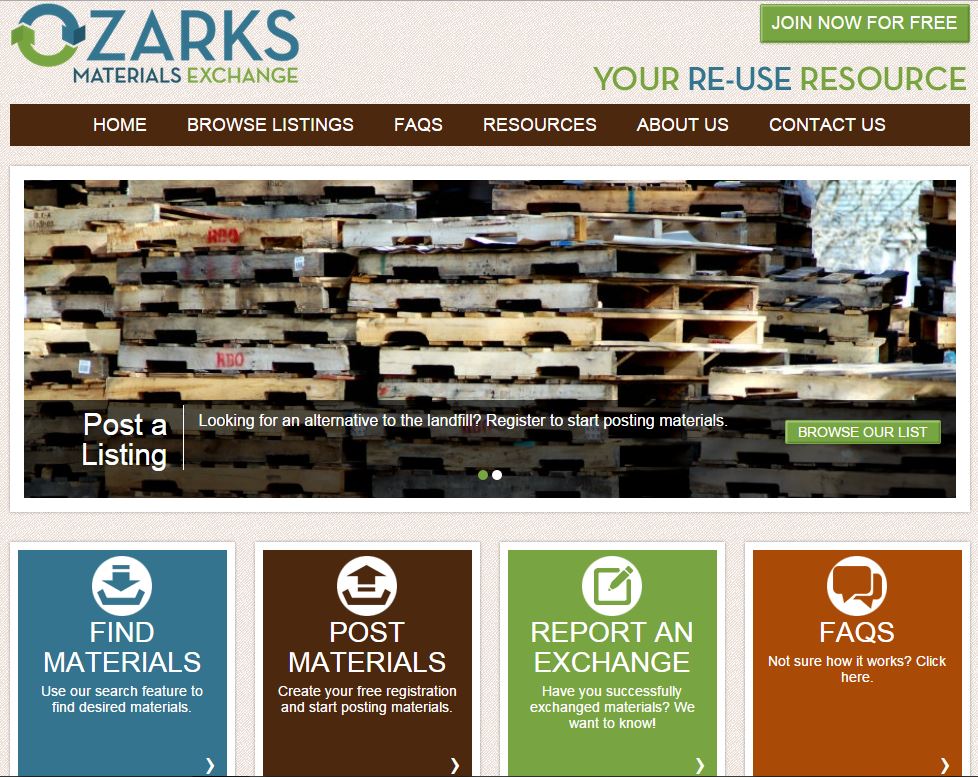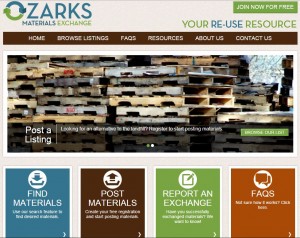This holiday season, many people will receive new TVs and computers, often as replacements for older electronics. DEP reminds Pennsylvanians to recycle unwanted electronics instead of throwing them in the trash. When electronic items are thrown away, they often end up in a landfill where heavy metals within the electronics, such as lead, cadmium, and mercury, pose a threat to the environment.
“Recycling is a simple way for all of us to do our part in protecting our environment,” DEP Secretary Chris Abruzzo said. “Let’s make this holiday season a little bit greener by properly recycling our unwanted electronic devices.”
On January 24, 2013, Pennsylvania’s Covered Device Recycling Act took effect, banning landfill disposal of certain electronics. Under this law, TVs, desktop and laptop computers, tablets, computer monitors, and printers from residents and small businesses with fewer than 50 employees must be recycled.
The law also requires manufacturers to develop systems to recycle certain electronics. This puts the responsibility to recycle on the producer, making recycling easier for consumers.
There are several ways consumers can easily recycle electronic items:
- Some local governments offer curbside electronics recycling. Consumers should first check with their local municipality to see if curbside or drop-off service is provided.
- Many retail and non-profit outlets recycle most electronic items for free including Best Buy, Goodwill, Salvation Army and Staples. It’s best to call ahead to confirm which electronics are accepted.
- There are free collection events that take place throughout the year at various locations, which may be organized by county, local governments and non-profit partnerships. The Pennsylvania Recycling Hotline (1-800-346-4242) provides statewide information about recycling services and upcoming events.
- Consumers can also take their items to permitted electronics recyclers, some of which offer pick-up service.
- Many waste and recycling hauling companies also collect electronic items destined for recycling.


